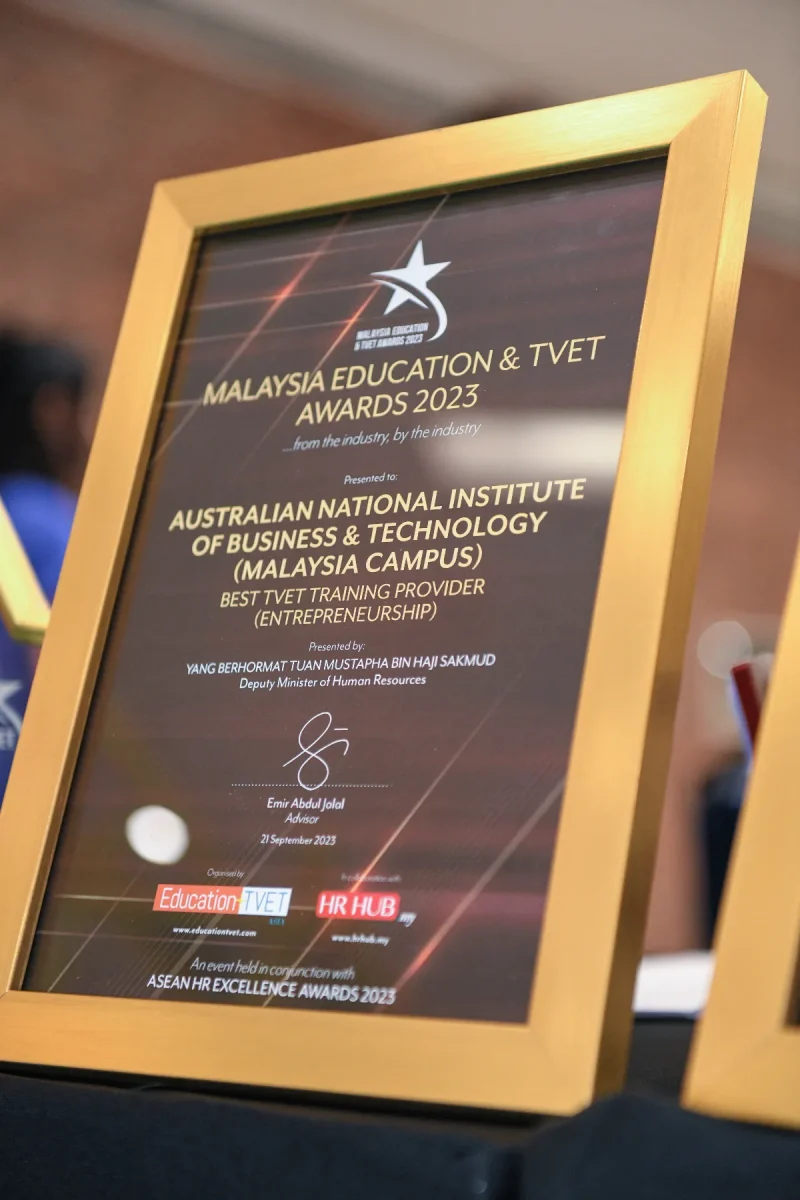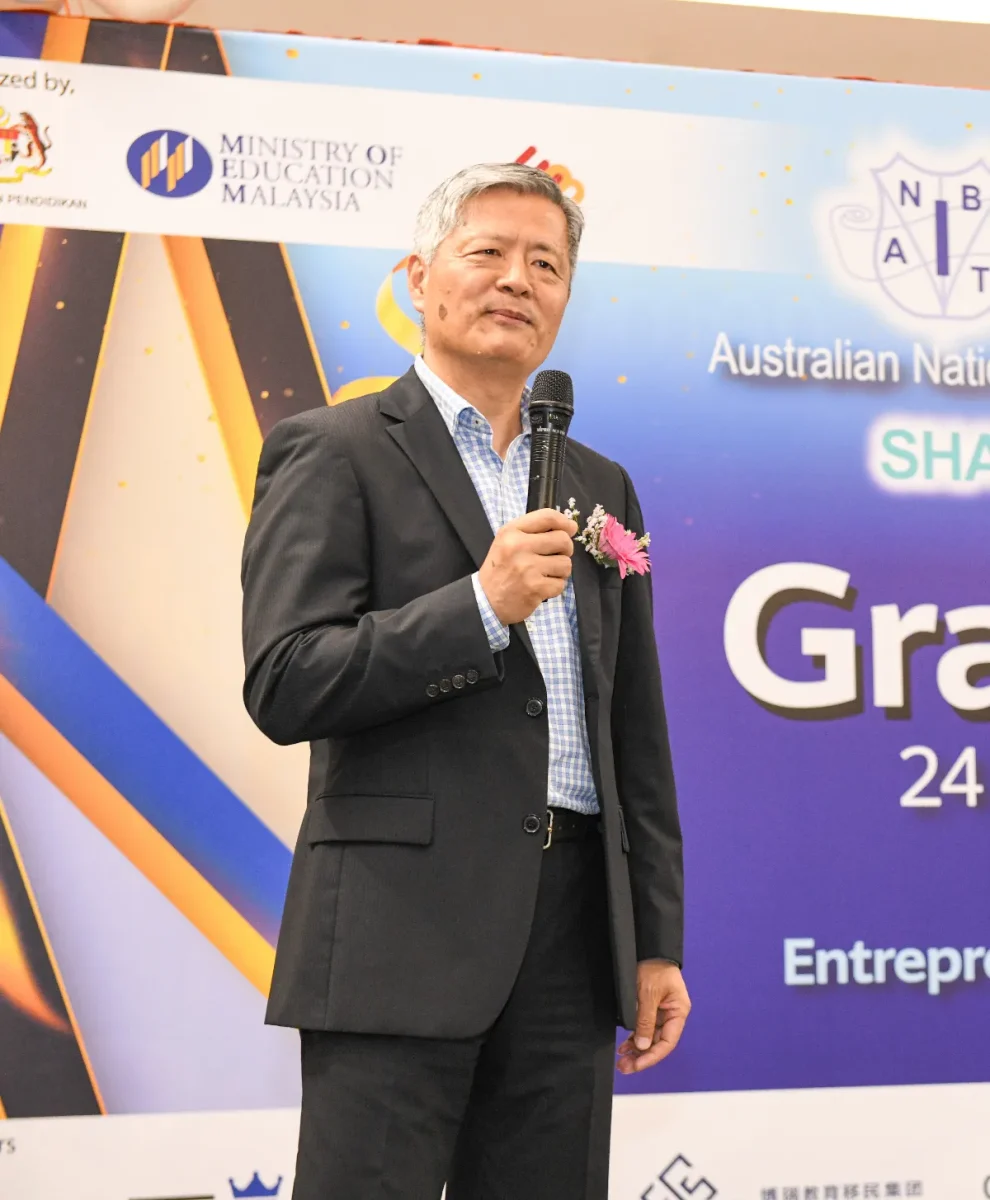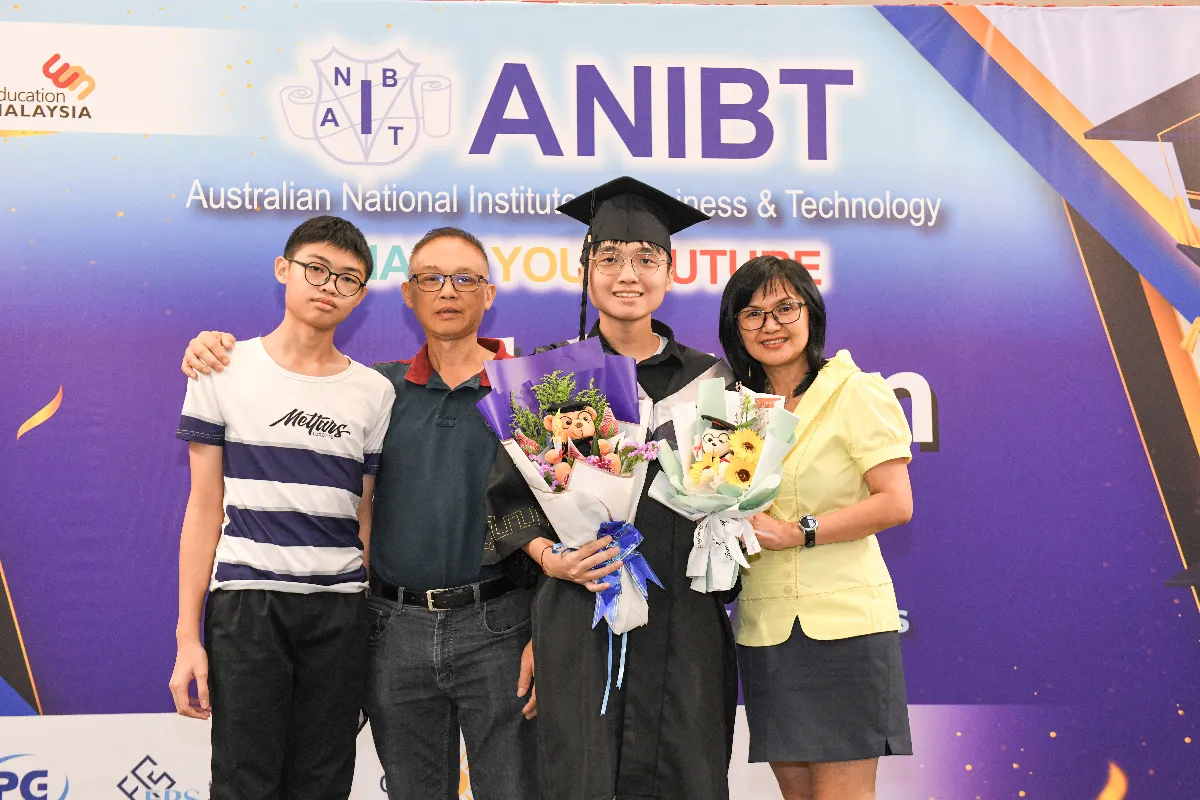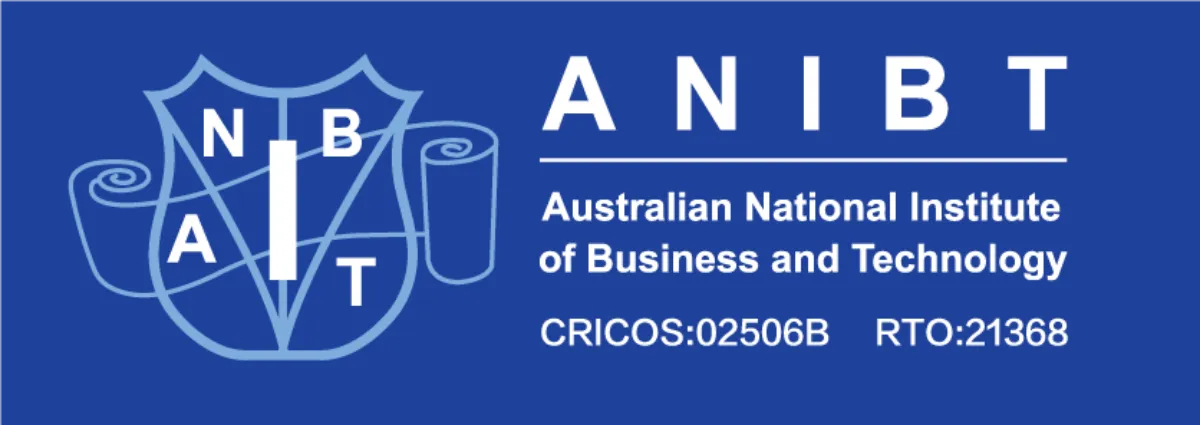‘Relatively low-stress’, with no final exams, with emphasis on hands-on learning
THE Australian National Institute of Business & Technology (ANIBT) Malaysia campus is offering a six-month foundation programme equivalent to A-Level, STPM, UEC and Year 12.
Regulated by the Australian Skills Quality Authority (ASQA) (https://www.asqa.gov.au), the course aims to equip students with professional skills and knowledge applicable across various industries, develop practical abilities immediately applicable in workplace settings, and provide a pathway to diploma or bachelor’s degree programmes at Australian universities.
Upon completion, students can directly enter degree programmes in Australia in fields such as Business, Hospitality Management, Design, Information Technology, Commerce, Accounting, Health Science, Zoology and Animal Science, Psychological Science and many more.
Founded in 2003 in Melbourne, Australia, ANIBT is a registered training organisation with 21 years of experience in vocational education and training. Its Malaysian campus was officially set up in 2019, with Rachel Lee (pix, top) as the managing director who has 28 years of experience in the Malaysian education sector and a background in international language training.
Lee says that the six-month programme differs from Malaysian foundation programmes by focusing on a hands-on, practice-based teaching model, making it more engaging. She also says that ANIBT prioritises English proficiency in admissions – students must have obtained at least a credit in English in either the SPM or IGCSE exams. The course is relatively low-stress, with no final exams; students simply need to complete assessments for 10 units to successfully progress to the first year of university.
“If a student does not have a credit in English in SPM or IGCSE, they must undergo a three-month IELTS preparation course. Once they pass and achieve a score of 6.0 or above, they can proceed.
“All ANIBT courses are accredited by the Australian government and are also recognised by the Malaysian Ministry of Education. To date, over 300 Malaysian graduates have successfully entered various universities in Australia, including Deakin University, RMIT University, Victoria University and Swinburne University.”
In addition to Australia, ANIBT graduates can also opt to complete their diploma or bachelor’s degree programmes at PSB Academy in Singapore and receive degrees awarded by universities from Australia, the UK or New Zealand.

One-year diploma + two-year degree, or three-year degree options
ANIBT graduates can choose between a “one-plus-two” and a full three-year bachelor’s degree options. Lee explains that this flexibility helps make the academic pathway smoother for students. “The school usually encourages students to choose the one-plus-two path to avoid unnecessary detours.”
She gives an example: a student studying accounting who selects the one-plus-two path will receive a diploma after one year. If they find the subject unsuitable, they still have a recognised qualification and can switch to a different degree in the remaining two years.
On the other hand, students who commit to a full three-year degree and later realise they are not interested will have to start over, wasting a year’s time and money.
Additionally, ANIBT adopts a small class teaching model to enhance student-teacher interaction and create a more effective and engaging learning environment.
Lee adds that students who complete their degree in Australia can apply for a two-year post-study graduate work visa. This allows them to gain employment or pursue further studies in Australia, which is beneficial for those considering permanent residency applications in the future.
Part-time work to ease living costs, reduce parents’ burden
When it comes to studying in Australia, many parents and students assume it requires a large financial investment. Lee says this is a misconception.
“Parents generally worry about the weak Malaysian ringgit and think tuition and living expenses in Australia will be too high. But in reality, that’s not the case. The Australian government allows international students to work part-time up to 24 hours per week, with a minimum hourly wage of A$24.10 (RM64.70). This means a weekly income of A$578 (RM1,552) – enough to cover living expenses and significantly ease the financial burden on parents. During school holidays, there are no hour restrictions, so students can legally earn more.”
Students can work part-time while studying to build real-world experience. This not only enhances soft skills like problem-solving, communication and time management but also allows them to graduate with two to three years of work experience.
Compared to someone who only studied for three years without any experience, a candidate with practical experience will clearly have the upper hand in job interviews – even if both hold the same IT degree.
“Some universities in Australia charge around A$20,000 – approximately RM55,000 per year, which is affordable even for middle-income families. Tuition payments can also be made in instalments every three months.
“On top of that, scholarships are available. With proper planning, the financial pressure on parents is manageable. ANIBT also partners with Affin Bank Malaysia to offer education loans of up to RM600,000, with repayment terms up to 20 years.”

New campus, expanding to other Malaysia states
As student numbers continue to grow, ANIBT will relocate to a new five-storey building located outside the Subang Jaya Da Men Mall, where it is currently located at. Once completed, it will accommodate up to 750 students.
“In the next five years, I hope to set up more ANIBT offices across the country. We are currently exploring partnerships and scouting for locations. Right now, we’re in discussions with colleges in Johor and Perak. If successful, these colleges will also be able to offer ANIBT programmes, benefiting students in other states,” says Lee.
She acknowledges that ANIBT’s success in Malaysia would not have been possible without the full support of ANIBT’s CEO in Australia, Jianming Chen (4th pix from top).
“We are grateful to Mr Jianming Chen for allowing me to bring ANIBT to Malaysia, which has enabled many Malaysian students to fulfil their dream of studying abroad.”










